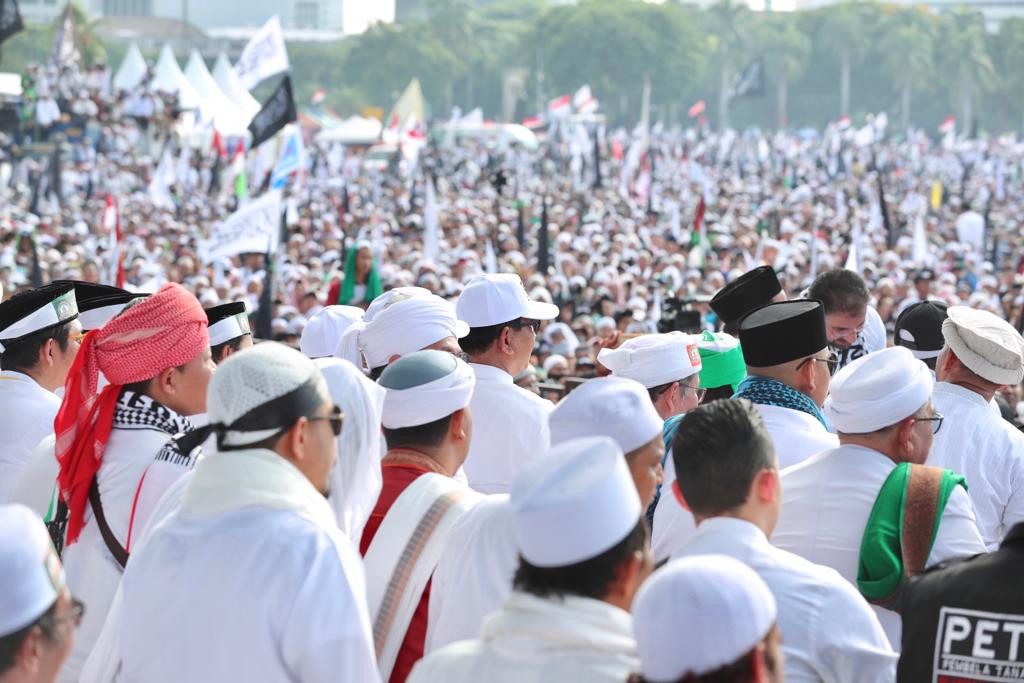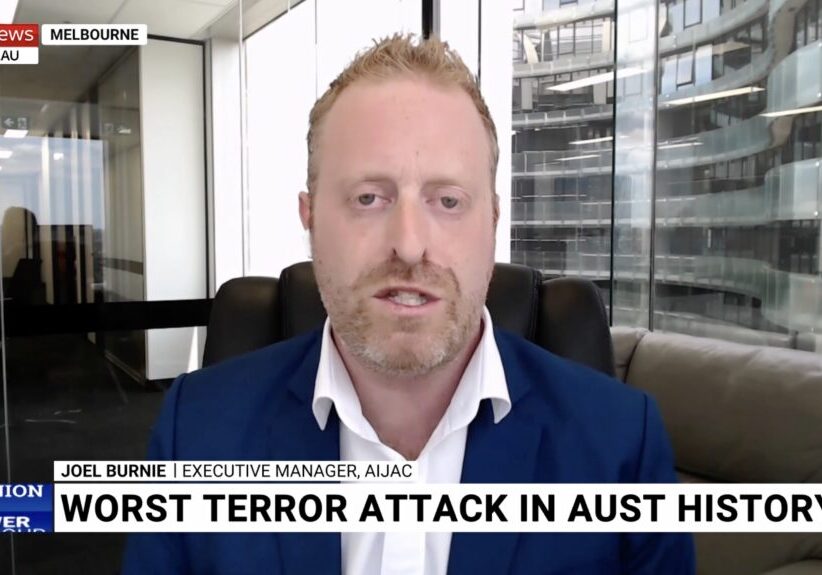Australia/Israel Review
Asia Watch: App not compatible
Dec 21, 2018 | Michael Shannon

Indonesia has been widely criticised for its failure to protect its minorities, particularly followers of the smaller Islamic denominations considered heretical, such as Ahmadiyah, and hundreds of indigenous faiths.
Now, the launch of a mobile application that allows members of the public to report beliefs they consider to be misguided or heretical has sparked fears of increased persecution of minority groups.
The Smart Pakem app, launched by the Jakarta Prosecutors Office in late November, contains a list of religious groups in the Jakarta area and includes features such as a list of forbidden beliefs and banned mass organisations, a directory of fatwas issued by the Indonesian Ulema Council (MUI) and a form to report complaints or information about religious beliefs or sects.
Attorney General’s Office spokesperson Mukri acknowledged that some might object to the app but said, “We want to create an inventory to make it easier for the public to check whether a group is banned or not… Also, if someone reports a group through the app, it doesn’t mean that it will be destroyed immediately. It just helps [us] to investigate further.”
Not surprisingly, legal reform and human rights advocates are aghast at the move.
Muhammad Isnur, coordinator of the Indonesian Legal Aid Foundation, told BenarNews that minority religious groups had already been persecuted, forced from their homes and in some cases killed for beliefs that are considered “misguided.”
“It is not impossible that some people will use this application to make false reports that could lead to violence against people,” he said. “This is dangerous.”
Indonesia’s National Human Rights Commission has written to the Prosecutor’s Office asking it to immediately remove the application.
Indonesia’s criminal code, as well as numerous local laws and regulations, outlaws deviations from the central tenets of the six official religions, Islam, Catholicism, Protestantism, Buddhism, Hinduism, and Confucianism. More than 87 percent of Indonesians are Sunni Muslims.
In one of the worst recent attacks against minority religious sects, three people were killed in 2011 when a crowd of hardline Muslims armed with machetes stormed into a house in West Java where Ahmadiyah followers were staying. The attackers received sentences of just three to six months in prison.
The Ahmadis on Lombok island have been expelled from their homes and forced to seek refuge in a government building for years, while members of the tiny Shi’ite community have also been forced from their homes on Madura island off the coast of Java, following the objection of local Sunni Muslims.
The app issue occurs in the context of an ongoing debate about the Islamisation of national political debates.
The major thoroughfares in the heart of Jakarta were closed for several hours on Dec. 2 as hundreds of thousands of Muslims – many dressed in white and carrying Islamic flags – rallied in a “reunion” of participants of the massive protest of Dec. 2, 2016, which generated enough heat to get then Jakarta governor Basuki “Ahok” Tjahaja Purnama charged, and later jailed, for blasphemy.
The “212 Rally Alumni” march, which took place peacefully enough despite some security fears, was organised by a movement called #2019GantiPresiden (2019ChangePresident), and included campaigners for presidential candidate Prabowo Subianto, who briefly addressed the crowd.
With incumbent President Joko Widodo (“Jokowi”) well ahead of Prabowo in current polling, not to mention enjoying a healthy campaign finance advantage, the challenger’s camp clearly aims to convince its supporters that the successful campaign against Ahok could also be visited upon his mentor and political ally Jokowi.
As if to underline the strategy, the rally featured a video from Islamic Defenders Front (FPI) leader Habib Rizieq Shihab, who is currently exiled in Saudi Arabia (after being charged under the Anti-Pornography Act, which he helped pass). He said it was haram (forbidden) to vote for presidential and legislative candidates backed by parties that supported Ahok, based on edicts issued by religious leaders.
It isn’t just Prabowo that Jokowi needs to look out for. A firebrand cleric popularly known as Habib Bahar Smith has been charged by the Jakarta Metro Police for engaging in hate speech related to race and ethnicity, and defaming the President in a sermon in which he called Jokowi a banci (a derogatory Indonesian term for transgender). Videos of the sermon went viral.
The fact that an ultra-conservative cleric defamed the President in a sermon suggests that Jokowi’s strategy of choosing conservative cleric Ma’ruf Amin as his running mate has not appeased all Islamic conservatives in the country.
Although Jokowi and Prabowo are both Muslims, nothing in their personal history indicates religious fundamentalism. But they compete in a culture that increasingly incentivises finding common ground with conservative and even extremist Muslim organisations in pursuit of their personal political ambitions.
Tags: Asia, Indonesia, Islamic Extremism






